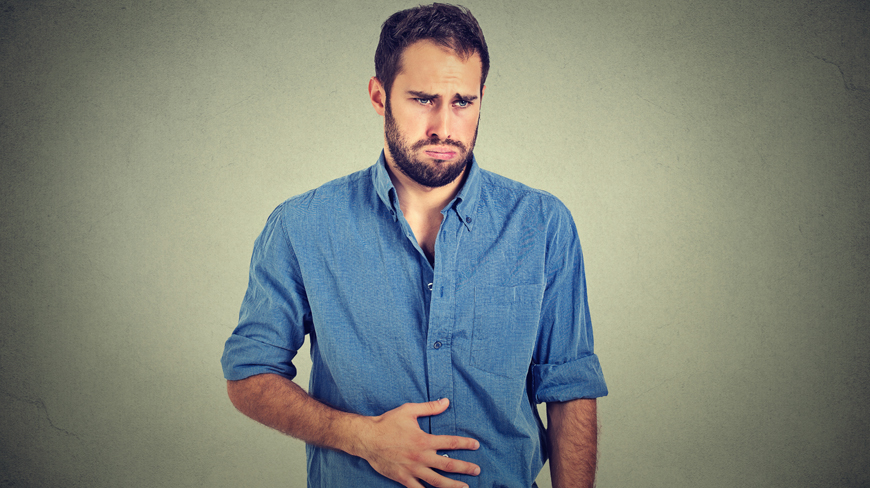“Everything I Eat Gives Me Gas and Bloating.” Doctor Advice
Gas production is a normal part of digestion, but unfortunately, some people experience more gas and bloating after eating than others. It can be challenging when it feels like everything you eat leads to uncomfortable bloating and gas, but there are certain foods you can avoid to help keep your gas under control. You may ask yourself, “why everything I eat gives me gas and bloating.” Keep reading to learn more about what causes gas and bloating and what you can do about it.
What Causes Gas and Bloating
Lifestyle factors like diet, exercise, and eating habits can cause gas and bloating. For example, eating too quickly can cause you to swallow excess air that builds up in the digestive tract, resulting in bloating and gas. Overeating can also increase gas as it stretches the stomach and slows digestion, allowing gas to build up and cause discomfort.
In other cases, foods have increased gas production in the digestive tract. If it feels like everything you eat causes gas and bloating, consider avoiding some of these common gas-producing foods.
1. Beans and Lentils
Beans and lentils are rich in fiber and complex carbohydrates. The small intestine cannot fully digest the complex carbohydrates found in beans and lentils, so they are largely undigested when they reach the colon. In the colon, the carbohydrates become fermented by bacteria, which then increases gas production.
2. Cruciferous Vegetables
Vegetables like broccoli, cauliflower, brussels sprouts, cabbage, and kale are highly nutritious and contain essential vitamins and minerals you need to fuel your body. Despite their long list of health benefits, cruciferous vegetables are also high in fiber and certain types of carbohydrates not fully digested by the small intestine. When these foods reach the colon, they produce excess gas as they become digested, which can worsen bloating.
3. Whole Grains
Whole grains like wheat, oats, and barley contain fiber and carbohydrates that become fermented and digested by colon bacteria, increasing gas production.
4. Garlic and Onions
Garlic and onions are common ingredients used to flavor your food. However, these vegetables contain fructan and sulfur-containing compounds that can cause irritation in the colon and contribute to excess gas and bloating for many people.
5. Carbonated Beverages
Carbonated drinks like soda or water release carbon dioxide when consumed, increasing gas in the digestive tract.
6. Dairy Products
Dairy products cause gas and bloating, particularly in those with lactose intolerance, but anyone can experience discomfort after consuming dairy. Dairy products increase gas due to their high-fat content and fermentation process of digestion in the colon.
7. Sugar Substitutes
Sorbitol, mannitol, and xylitol are artificial sweeteners commonly used in sugar-free alternative foods. Although they make foods sweeter, they can cause gas and bloating as they are digested.
When To Speak With Your Doctor
Many foods can worsen your gas and bloating, and it is essential to remember that every individual reacts differently to specific foods. If you are experiencing persistent or severe gas that does not resolve with dietary changes, it’s time to schedule an appointment with a gastroenterologist today!
Request Appointment
Related:


